medicine
Latest

Epileptic teen receives first ever seizure-controlling brain implant
The device shows promise for reducing or eliminating seizures.
Cristina Alexander06.25.2024
An insulin pump software bug has injured over 200 people
The US Food and Drug Administration (FDA) has issued a Class I recall for the t:connect mobile app on iOS, which is used to monitor and control the t:slim X2 insulin pump used by people with diabetes.
Mariella Moon05.09.2024
Google DeepMind’s latest medical breakthrough borrows a trick from AI image generators
Much of the recent AI hype train has centered around mesmerizing digital content and the potentially dangerous ways it could disrupt society. But on the brighter side, an update to Google’s AlphaFold software could lead to new disease research and treatment breakthroughs.
Will Shanklin05.08.2024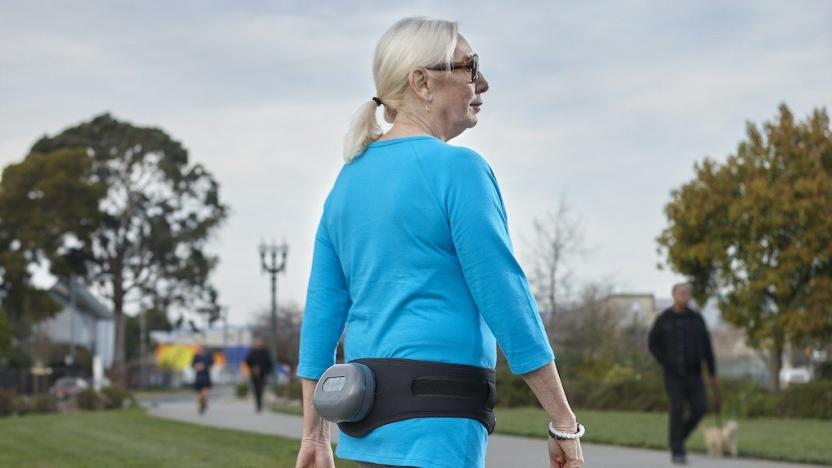
Vibrating belt that treats low bone density gets FDA approval
The FDA has provided clearance for a medical device called Osteoboost, a vibrating belt that improves bone density in patients with osteopenia.
Malak Saleh01.22.2024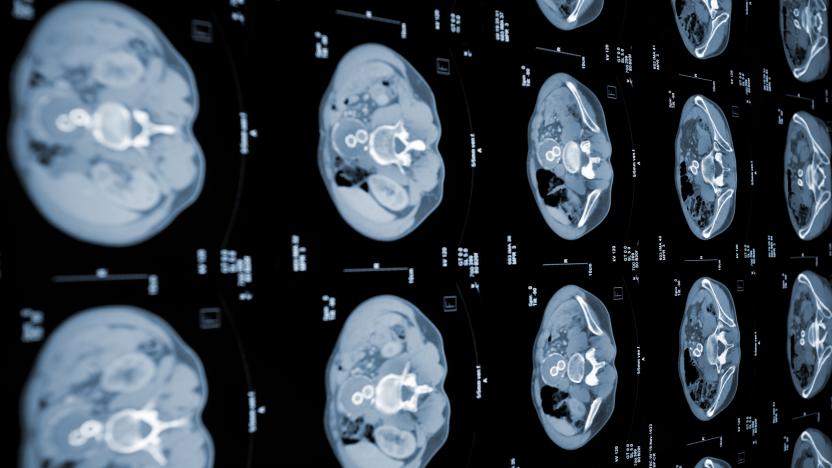
MIT experts develop AI models that can detect pancreatic cancer early
Researchers at MIT’s CSAIL division built two machine learning algorithms that can detect pancreatic cancer at a higher threshold than current diagnostic standards.
Malak Saleh01.12.2024
The CPR dummy of the future can piss blood
This isn't the CPR Dummy you learned to do basic first aid on. This is a robot that'll push medical training to the extreme.
Daniel Cooper01.11.2024
Researchers developed a gene-editing technology that reduces 'bad' cholesterol
Researchers discovered that a single infusion of a gene-editing treatment called VERVE-101 can reduce high cholesterol in patients.
Malak Saleh11.16.2023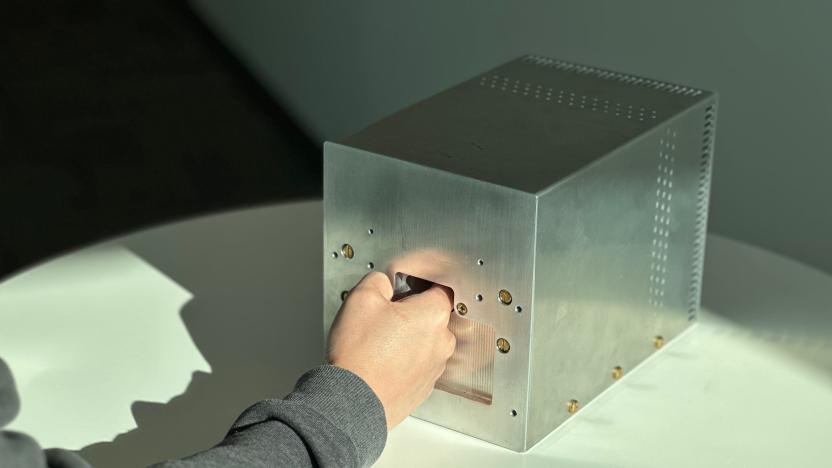
Researchers use magnetic fields for non-invasive blood glucose monitoring
A biotech research firm has developed a tool that can measure your blood glucose levels without a finger prick.
Malak Saleh11.16.2023
Chan Zuckerberg Initiative’s $250 million NYC biohub will engineer disease-fighting cells
The Chan Zuckerberg Initiative, an organization led by Priscilla Chan and Meta CEO Mark Zuckerberg, announced the creation of a new biomedical research center in New York City that will focus on learning the mechanisms of immune cells and eventually engineering more efficient ones.
Cheyenne MacDonald10.18.2023
Study: Wearable sensors more accurately track Parkinson’s disease progression than traditional observation
Oxford University researchers found that by using a combination of wearable sensor data and machine learning algorithms, the progression of Parkinson’s disease can be monitored more accurately than in traditional clinical observation.
Malak Saleh10.17.2023
Researchers developed 3D-printed sensors that can record brain activity on earbuds
Researchers at the University of California San Diego have developed 3D-printed biosensors that can detect electrophysiological activity coming from the brain.
Malak Saleh09.28.2023
Neuralink opens enrollment for its first human BCI implants
Neuralink announced on Tuesday that it has finally opened enrollment for the first in-human study of its N1 brain-computer interface.
Andrew Tarantola09.19.2023
Biometric implant monitors transplant patients for organ rejection
Researchers at Northwestern University developed an implant that can continuously monitor an organ’s temperature for signs of infection and inflammation. The tech will be used to determine and preemptively treat organ transplant rejection in a noninvasive way.
Malak Saleh09.07.2023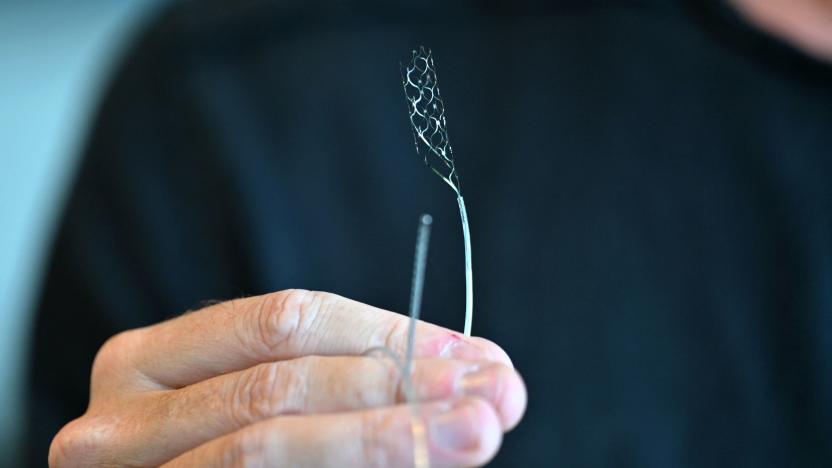
Synchron's BCI implants may help paralyzed patients reconnect with the world
The burgeoning industry is already inundated with unrealistic expectations driven by overly-ambitious promises. BCI startup Synchron is trying a different tact.
Andrew Tarantola08.28.2023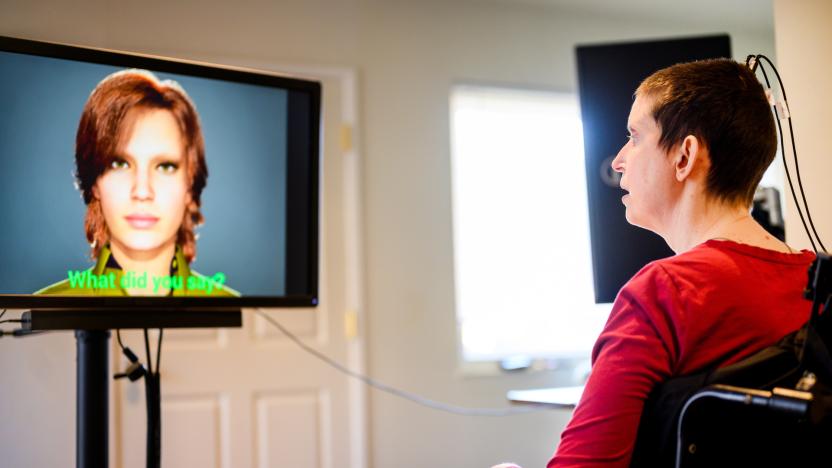
University of California BCI study enables paralyzed woman to 'speak' through a digital avatar
A stroke-paralyzed patient has regained the ability to speak thanks to a BCI implant, albeit she now talks through a digital avatar.
Andrew Tarantola08.23.2023
Scientists genetically engineer bacteria to detect cancer cells
An international team of scientists has developed a new technology that can help detect (or even treat) cancer in hard-to-reach places, such as the colon.
Mariella Moon08.11.2023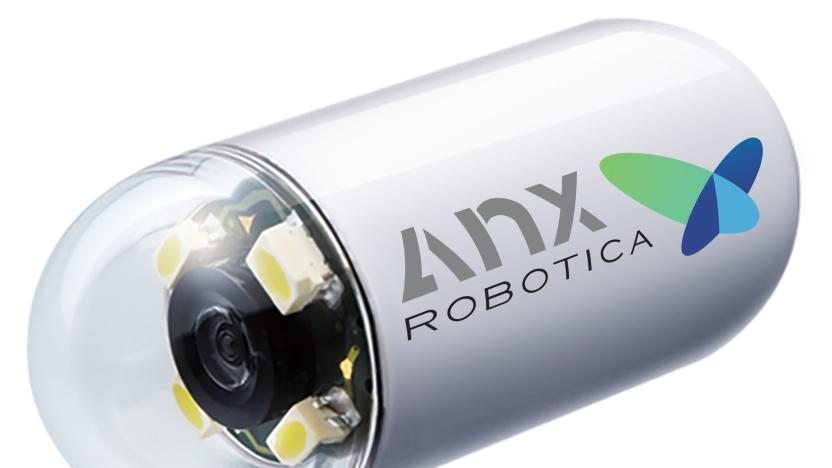
Scientists develop remote-controlled pill-shaped camera to diagnose digestive issues
Ingestible video capsule endoscopes have been around for a while, but they’re severely limited and not controllable by physicians, relying entirely on the digestive system for movement. Researchers may have just gotten around that limitation by developing a pill-shaped capsule that allows for remote control, as announced by the GW School of Medicine & Health Sciences.
Lawrence Bonk06.07.2023
Swiss researchers use a wireless BCI to help a spinal injury patient walk more naturally
A novel therapy combining FES and BCI has helped a formerly-paraplegic patient to walk with a more natural gait.
Andrew Tarantola05.26.2023
Neuralink receives FDA clearance to begin human trials of its brain-computer interface (Updated)
Following a reported denial in March, the FDA approved Neuralink's application to begin human trials of its prototype Link brain-computer interface (BCI) on Thursday.
Andrew Tarantola05.25.2023
